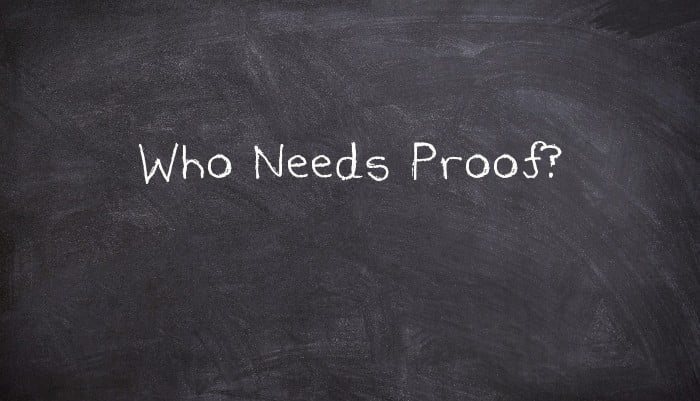Proof reading is a labourious task; carefully picking your way through copy to find the slightest error. But in these modern days of grammar and spellcheckers, what's the point? Who needs proof?
Unfortunately, as useful as they are, spellcheckers will only find incorrectly spelt words. Homonyms will often catch you out here - their / there / they're rarely spotted, even when proofing you're / your own work.
Typographical errors are the next offenders. Missing or slipping on a key press can make a flat stomach fat, fat into a cat, turn that cat into a car and send that car into care if you don't check what you've written. Spellcheckers don't understand context; you used a word that's in the dictionary and the spellchecker thinks it has done its job. Only you know what you intended to say.
When it comes to grammar, remember that grammar checkers offer suggestions rather than corrections. They rely on you to understand grammatical rules in context. Microsoft Word is quickly changing accepted grammatical rules. In all the copy I read each day I rarely see 'which' used without a comma before it. This is a suggestion always made by Word and most people don't have the confidence in their own grammar to say no to Microsoft. Maybe soon instead of English [UK] and English [US] we'll all be standardised to Microsoft English [MS].
As we can't always trust Microsoft it's a great help to have someone else proof your own work. However, it's a rare luxury to have someone whose English you trust enough to perform this task (even now Word is telling me I should be using 'who's' instead of 'whose'). The key to proofing your own work is to approach it as though reading someone else's. You can often be blind to your own errors but are quick to spot them in others. Detaching yourself and looking at your work with fresh eyes can reveal a massive amount about your common errors and allow you to start understanding and developing your personal style. Do you overuse commas? Are you prone to repetition? These will become clear and you will be alerted to them when writing in future.
So proofing your work can not only find mistakes, but can also be a key factor in progressing as a writer. After all, if you expect someone else to read what you've written, why shouldn't you?
